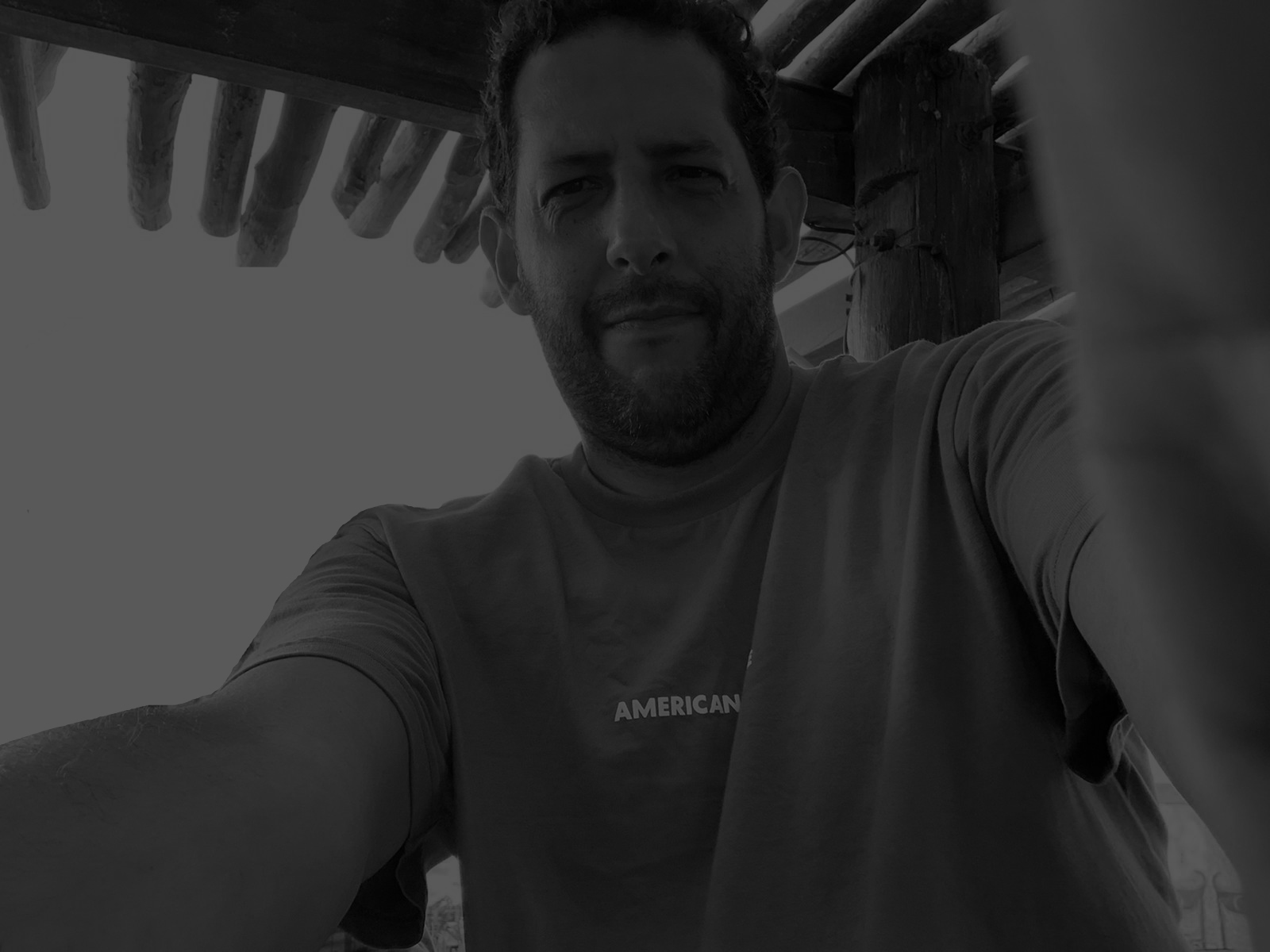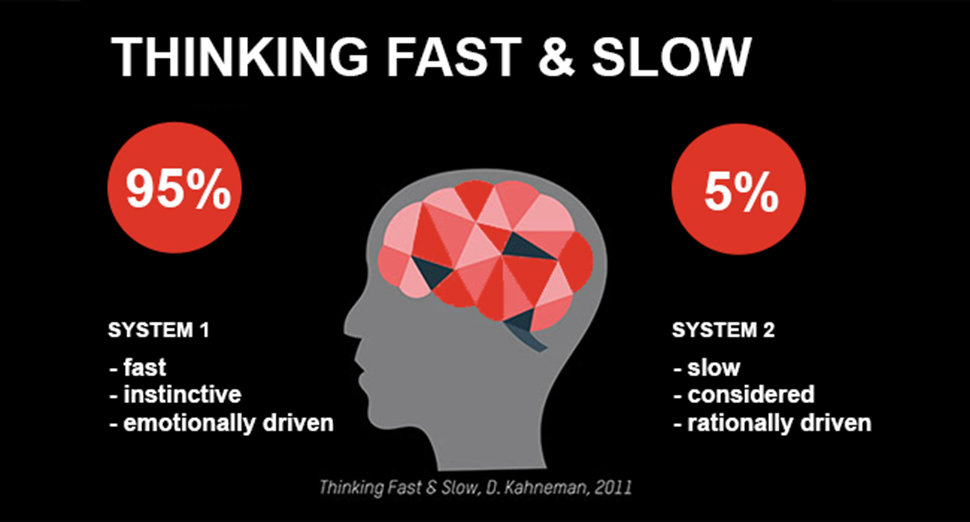Experience

I became, by accident, passion, and opportunity, a practitioner specialist in political analysis and management of perceptions, with a particular focus on perceptions of risks and the role of public perceptions in the politics of policy processes.
Since my university days I used to listen to economists arguing that what is not measured does not exist, while as an internationalist and political scientist, I thought that what is not perceived, even if it is a real phenomenon or event, cannot be transformed or managed, while its influence and consequences, besides being real, can modify the course of various human processes, from the way how we think, feel or visualize issues or problems of common life, the choice of a public policy, to the decision to go to war. Years later, during my graduate studies, the topic of perception would continue to accompany my reflections, first I delved into perceptions of the public at a time when it seemed to lose social value and was even perceived as a risk, from attending a public school or a public health service, to walking in the street; Finally, I would take a turn to delve into the “Smiles of Machiavelli in Latin America”, a metaphor to identify different types of political perceptions through the analysis of the interpretations and uses of the Florentine in different periods, from New Spain, the long night of dictatorships, to the transitions to democracy and the advance of neoliberalism. Both topics continue to be part of my intellectual itinerary. But I was always left with the need to translate ideas into practice, to take reflection to the field of action. Undoubtedly a very Machiavellian passion in the noblest sense of the tradition of republican liberty and of the man who was considered a pioneer of political psychology. So that since then, as an internationalist and political scientist working in governance and international development for nearly 20 years, I have spent part of my career trying to get people to think and work politically.
What is not perceived does not exist?
To every perception corresponds a reaction?

Thinking fast & slow. D. Kahneman, 2011
It was during the Covid-19 pandemic that I had the opportunity to deploy this passion in the field of public health cooperation, as the person responsible in PAHO/WHO Mexico for creating a special program on perceptions and risk communication. An experience that really taught me the need to close gaps between scientific research and its practical application and the relevance of working politically on perceptions as a tool to improve and save lives.
So that, I became, by accident, passion, and opportunity, a practitioner specialist in political analysis and management of perceptions, with a particular focus on perceptions of risks and the role of public percepciones in the politics of public policy processes.
At present, I am interested both in the political nature of the formation of risk perceptions, in terms of their power dynamics, processes where social, political, cultural, and psychological factors interact, and in their political relevance, that is, their influence on collective responses (behaviors, decision making, collective actions, policy process) and their consequences for people’s daily lives, functioning and well-being of their societies.
In this section I share different materials, from videos to presentations, that give an account of the experience during the pandemic, of diverse actions that we promoted and continue to promote, through a combination of imagination, passion and knowledge. And that I hope will inspire the development of creative ways to analyze processes of formation of perceptions and strategies for changing or managing perceptions, which will contribute to expand the imagination of interventions for human welfare. I thank all the people who have inspired and accompanied this journey during the longest pandemic in modern history.
